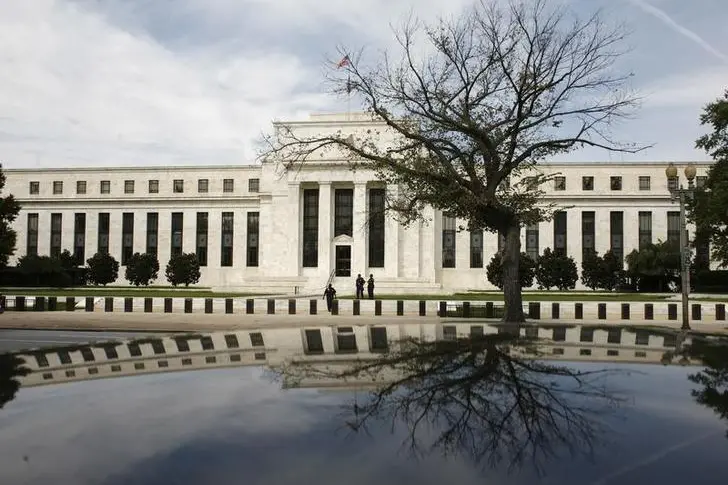PHOTO
San Francisco Federal Reserve Bank President Mary Daly on Saturday sounded a clear warning on the inflationary threat, and signaled that the U.S. central bank may raise interest rates further, and keep them there longer, than has been expected.
Though inflation by the Fed's preferred measure has fallen from its mid-2022 highs of around 7% to 5.4% in January, the latest monthly reading showed price pressures gaining at their fastest pace in seven months.
That's despite what last year was the Fed's most aggressive set of interest rate hikes in 40 years as it took its benchmark rate from near zero in March to what is now 4.5%-4.75%.
The acceleration of inflation in January "suggests that the disinflation momentum we need is far from certain," Daly said in remarks prepared for delivery to the Princeton Economic Policy Symposium. "In order to put this episode of high inflation behind us, further policy tightening, maintained for a longer time, will likely be necessary."
Coming from Daly, whose views are typically in line with Fed leadership, the remarks may add to expectations that Fed policymakers will lift rates higher in coming months than the 5.1% that most of them had penciled in December.
Fed policymakers will publish fresh projections for policy and the economy at the close of their upcoming March 21-22 meeting.
Some traders are even betting the Fed will deliver a half-point hike in March, rather than the quarter-of-a-percentage point rate hike seen as most likely - a reversion of sorts to the super-aggressive stance the U.S. central bank pursued much of last year.
Daly did not use her prepared remarks to offer a view on how big March's rate hike ought to be, or exactly how high rates should go.
Still, she painted a challenging picture for the Fed, not only of stubbornly high inflation now, but of the range of new pressures that could feed into high inflation for some time to come, including corporate efforts to relocate factory production back to the U.S. from abroad, and the ongoing labor shortage at home.
She also called out the potential for additional price pressures as firms pass on to consumers the cost of transitioning to lower-carbon energy sources in the fight against climate change.
And she said that she was particularly focused on the possibility - so far not in evidence - that an inflationary psychology could take hold in the American mind and make the Fed's inflation fight even harder.
"Achieving our mandated goals takes time and a broader view," she said. "As policymakers, we have to respond to an economy that is evolving in real time and prepare for what the economy will look like in the future."
(Reporting by Ann Saphir; Editing by Chizu Nomiyama)





















